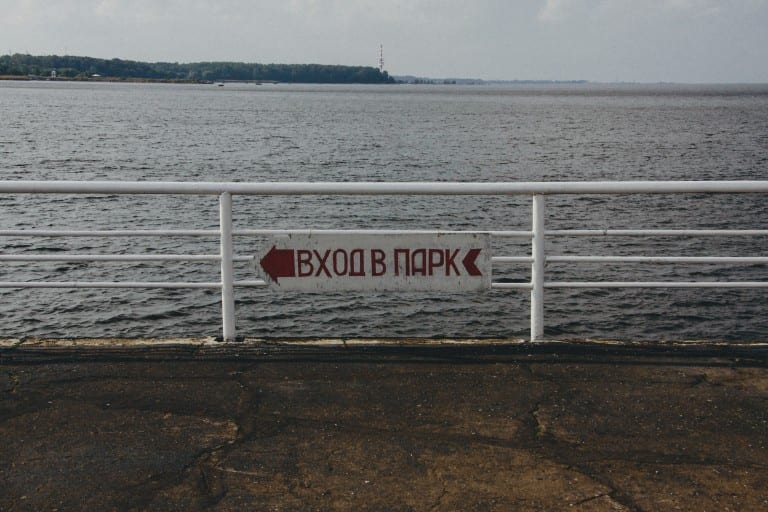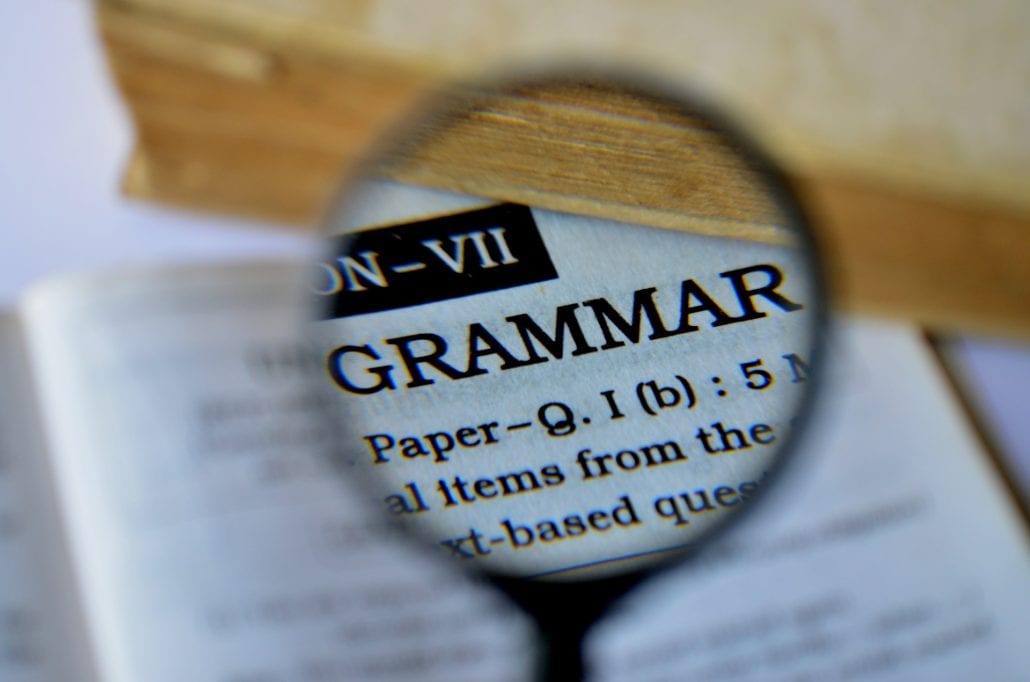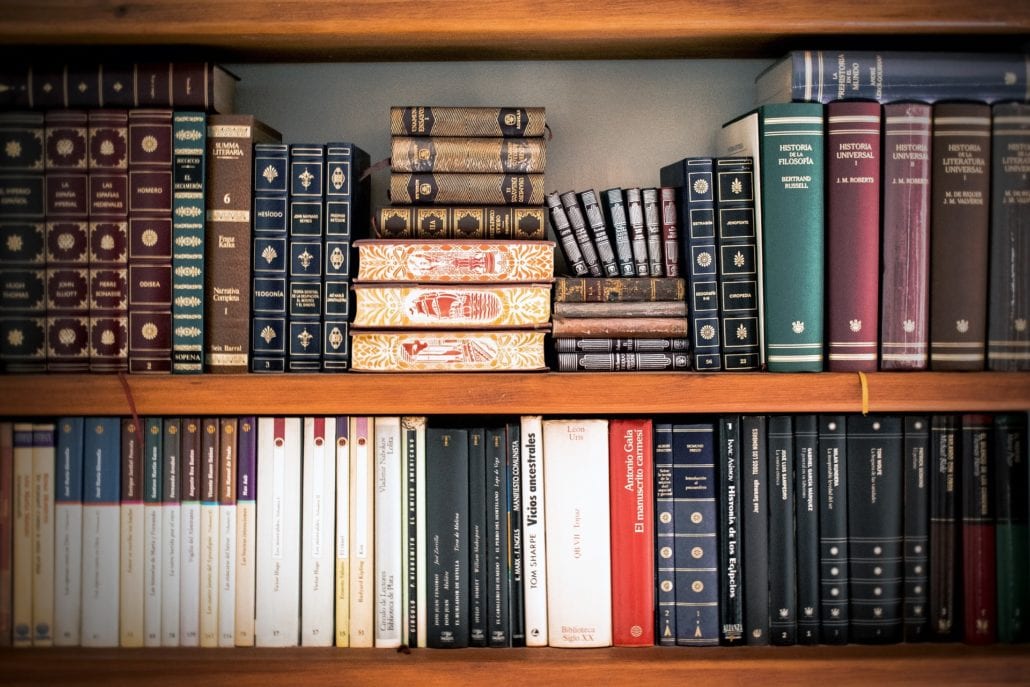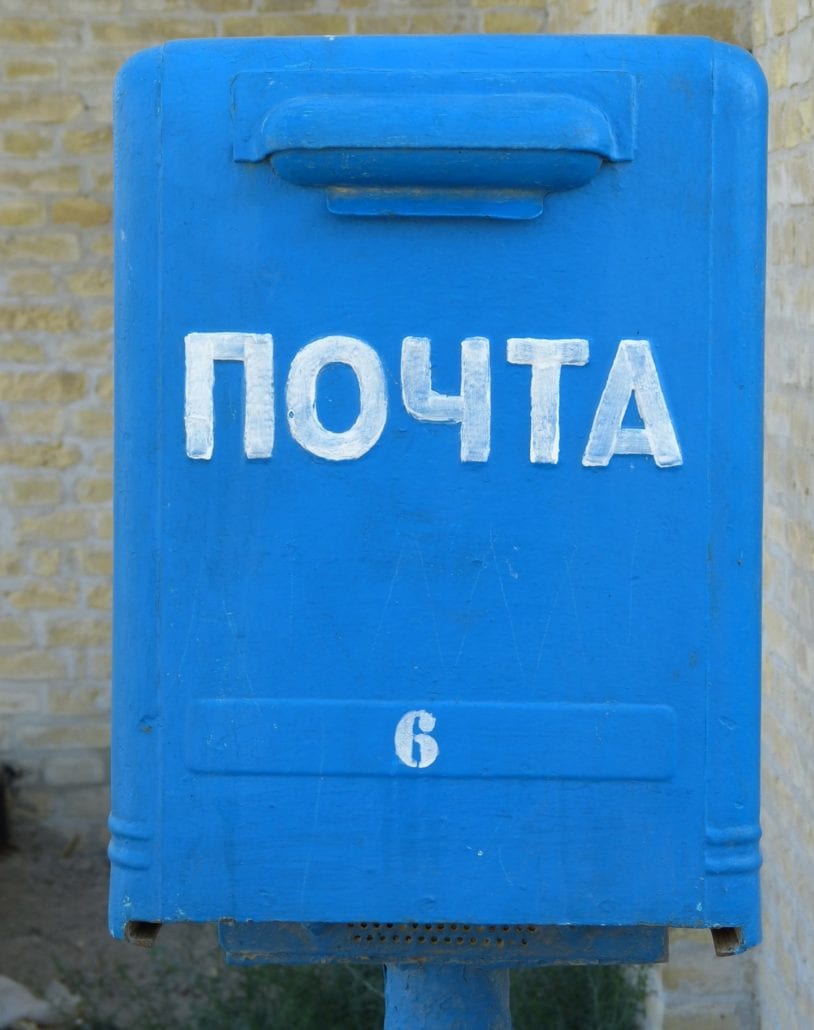Russian is a fascinating language to study, whether your goal is fluency or just to learn the basics. As the seventh most spoken language in the world, you’ll find plenty of students to practice with as you build your conversational skills and cultural knowledge.
With around 300 million speakers around the globe, you can bet that there are many different approaches to learning the language. It’s natural to wonder what the best way to learn Russian is before you dive into studying it.
There is a plethora of resources available for learning Russian and it can be overwhelming to decide on a study path. Books and lesson videos can be helpful for getting the basics, but ultimately there is no substitute for a private Russian tutor. The good news is that online lessons make it easy to learn Russian by connecting you with the best teachers in the world.
Whether you’re looking to better connect with friends and family, build up your professional opportunities, or even if you just admire Russian culture, private lessons are the best way to learn Russian. You’ll also want to brush up on your language skills if you have a plan to visit Moscow or Saint Petersburg as a tourist someday.
Although Russian can be a challenging language to get into at first, the right teacher can help you stay motivated. You’ll start discovering the joys of the Russian language and culture right from your very first lesson. To give you an idea of the road ahead, we’ve laid out the eight steps you’ll need to take to become fluent.
The Best Way to Learn Russian?
The Best in 8 Simple Steps
1) Master the Russian Alphabet

If you want to know how to learn Russian, the alphabet is the best place to start. The Russian alphabet is easy to learn because it’s very phonetic. Russians use the “Cyrillic” alphabet, named after the Greek monk, St. Cyril.
The alphabet consists of 33 letters, and it may seem unfamiliar at first. However, it has many similarities to the English alphabet. Some of the letters look and sound exactly like their English counterparts: A, B, D, K, L, M, O, and T.
On the other hand, some Cyrillic letters have the same pronunciation as English letters but look differently. For example, the Cyrillic “г” sounds like the English “g,” and the Cyrillic “ф” sounds like the English “f.”
There are really only a few new sounds that need to be learned, but the rules of Russian pronunciation are simple. With a few exceptions, you typically pronounce words as they’re spelled and spell them as they’re pronounced.
Realistically, you could learn Cyrillic in a day. While you may make a few mistakes at first, practice will help you learn to distinguish between the English and Russian alphabets.
2) Learn Common Russian Words First

Every language has words that are more commonly used than others, so it’s helpful to learn these first as they’ll come in handy during daily conversation. Start by learning the words listed below.
- Здравствуйте (Hello)
- Привет (Hi)
- Доброе утро (Good morning)
- До свидания (Goodbye)
- Как Вы живёте? (How are you?)
- Было приятно познакомиться с Вами (Nice to meet you)
- Да (Yes)
- Нет (No)
- Пожалуйста (Please)
- Спасибо (Thank you)
If you’re learning Russian for a specific purpose, such as travel or business, there will be a set of vocabulary terms that you should work to memorize first. Be sure to let your Russian teacher know your goals, and he or she will help you learn the most useful vocabulary right away.
3) Find Cognates in Russian

When wondering how to learn Russian quickly, one of the first steps you should take is to find words that have the same meanings in both Russian and English.
There are many words in Russian that sound just like their English counterparts. Start with the examples below.
- Телефон (telephone)
- Компьютер (computer)
- Такси (taxi)
- Аэропорт (airport)
- Лампа (lamp)
- Технология (technology)
- Температура (temperature)
4) Learn the Rules of Russian Grammar

Russian is a very rule-based language. For example, just like in French and Spanish, each noun has a gender assigned to it that you must memorize.
There are three genders in the Russian language: masculine, feminine, and neuter. Here are the rules for determining which gender a certain noun is. Look at the last letter of the word.
- If it is a consonant, or “й”, the word is masculine.
- If it is “а” or “я”, the word is feminine.
- If it is “о” or “е”, the word is neuter.
- If it is a silent letter, like “ь”, then it could be either masculine or feminine.
There are very few exceptions to these rules, but the notable ones occur mainly because of physical gender. For example, the following exceptions occur because the person you’re referring to is male, so the word is masculine.
- Папа (Dad)
- Дядя (Uncle)
- Дедушка (Grandfather)
- Мужчина (Man)
There are many more grammar rules to learn, such as how verbs change tenses, how nouns become plural, etc. It’s best to learn these rules from a professional language tutor to ensure that you’re practicing them properly.
5) Take Advantage of Flexible Sentences

Word order in Russian sentences is very flexible and different from the firm, “subject-verb-object” structure that English speakers are used to. For example, in Russian there are several ways to express the statement, “I live in Miami.”
- Я живу в Маями. (I live in Miami)
- В Маями я живу. (In Miami I live)
- Живу в Маями. (Live in Miami) – You can skip the pronoun altogether!
Here is another example using the question, “What did you talk about?”
- О чём вы говорили? (What did you talk about?)
- Говорили вы о чём? (Talked you about what?)
- Вы говорили о чём? (You talked about what?)
- О чём говорили? (About what talked?)
To use the flexibility of Russian sentence structure you need to understand the system of declension, which means that nouns, adjectives, pronouns, and numerals change their endings depending on gender, number (singular or plural), and one of six grammatical cases.
You’ll also have to learn how to properly conjugate verbs. For help with some of these trickier concepts, see the next step.
6) Learn From a Russian Teacher

Private lessons from an experienced Russian teacher are the best way to learn Russian – whether you take in person or online lessons. A professional, native speaker can provide a structured learning plan that is tailored to your individual needs and goals.
They can lead you through tricky concepts like grammar rules, and give you feedback on your accent and pronunciation.
To find a qualified Russian teacher, check out TakeLessons. Here, you’ll get to search through dozens of teachers’ profiles until you find one who is the right fit for you.
On a teacher’s profile page, you can learn about their background, rates, and read reviews from students who have worked with the teacher before.
7) Read Children’s Books

Children’s books are an excellent way to build your grammar and comprehension skills. You might feel silly at first reading a book for children but keep at it, as this will help lay the foundation for mastering Russian.
If you’re not quite ready to start reading in Russian yet, try listening to audiobooks or use dual language books that show the English and Russian translation side by side. “The Little Prince” (Маленький Принц) by Antoine de Saint Exupery is a great dual language book to start with.
One of the most popular children’s authors in Russia is Korney Chukowsky. Many have referred to him as the Dr. Seuss of Russia. Here are just a few of his incredible audiobooks that you can find on YouTube.
- Doctor Ouch (Доктор Айбоит)
- Telephone (Телефон)
- Moydodyr (Мойдодыр)
8) Practice Speaking & Writing

The best way to learn Russian quickly is to use every opportunity to speak it. Become more confident and comfortable in your speaking skills by memorizing Russian idioms, common sayings, and practicing short dialogues daily.
When communicating with native speakers, be brave and ask them to correct your mistakes. Need someone to practice with? Find a language partner near you, or online, with sites like Meetup and My Language Exchange.
Lastly, don’t forget to work on your writing skills. Writing is secondary in learning a foreign language, but absolutely necessary.
Keep a vocabulary journal and find a penpal to write to. Don’t be afraid to step outside of your comfort zone and put all the skills you’re learning into practice!
In Conclusion
Now that you can answer the question, “What is the best way to learn Russian?” you’re ready to dive deeper into your studies. Everyone is capable of mastering a foreign language, but these tips and tricks will help you learn more efficiently.
Once you’ve built up your Russian skills, you’ll be able to better appreciate the rich Russian culture – including the famous writings of Leo Tolstoy, brilliant composers like Tchaikovsky, and the glory of Russian ballet.
If you’re a world traveler, you’ll also be able to explore spectacular beaches, experience the taiga with its diverse wildlife, and visit the Russian Far East like a local.
There is so much to do and see in Russia. Speaking the native language will help you fully experience all that Russia has to offer, and meet all sorts of fascinating people along the way. With the right tutor, you can achieve your full linguistic potential as fast as possible. Start your Russian language journey today!
 Post Author: Sofiya K.
Post Author: Sofiya K.Sofiya K. has been teaching Russian to students of all ages since 1992. She is a native speaker and a Russian instructor at Miami Dade College in Florida. Sofiya also has her Master’s in Education. Learn more about Sofiya here!
Jessica Dais
